RESEARCH TEAM
Copenhagen business school research team
Lucia Reisch
Lucia is the El-Erian Professor for Behavioural Economics and Public Policy at the University of Cambridge, the founder of the Consumer and Behavioural Insights Group (CBIG) at Copenhagen Business School, Department of Management, Society and Communication, and the principal investigator of the BEACON project. She is a behavioural economist and social scientist and one of Europe’s leading academic experts in behavioural insights-based policies for sustainability. Lucia is an Editor of the Journal of Consumer Policy (SpringerNature) and a founding Editorial Board Member of the Journal Behavioural Public Policy (Cambridge University Press) as well as a member of the Editorial Board of Food Policy (Elsevier), among other editorships.
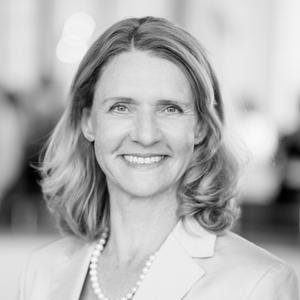
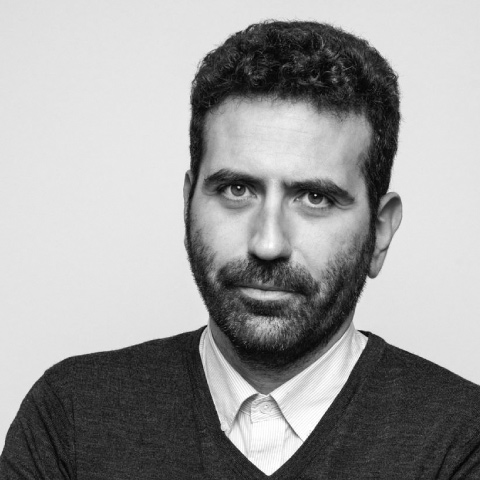
Ethymios Altsitsiadis
Efthymios is Assistant Professor at Copenhagen Business School and co-principal investigator of the BEACON project focusing on the co-creation of a common understanding and vision of a resilient circular (urban) society and targeting the macro level of contexts (infrastructure, regulation, policies, markets). He is a behavioural economist with a mind for applied research, introducing advanced research techniques to help provide evidence-based answers to some of the most persistent and evasive behavioural questions in a variety of areas like food, energy, and mobility. His Phd was in decision support systems and he is currently teaching Machine Learning and Digital Behaviour course at CBS. Efthymios has con-ducted experimental research in circular economy (H2020 project Pop-Machina) and in advanced technological agents (smart apps, avatars, chat-bot services) and has worked as a social scientist in several large-scale European behavioural research projects. He is a proficient user of modern analytic methods (multivariate statistics, preferential surveying and clustering techniques, big data mining, simulation modelling), advanced behavioural measurement (eye-tracking, face-reading), and experimental design. Efthymios is also a tactical evaluator for the European Commission Horizon 2020 programme.
Jan M. Bauer
Jan M. Bauer is a trained Economist obtaining his PhD from the University of Hohenheim at the Chair of Household and Consumer Economics. Joining Copenhagen Business School in 2016, he currently holds the position of Associate Professor at the Department for Management, Society and Communication. Most of his research investigates the determinants of individual decision-making in the area of health and environmental sustainability with a focus on the importance of choice environments. Integrating theories and methods from behavioral science and psychology, his often interdisciplinary studies test interventions and aim to inform public policy. He also studies the determinates of individual well-being more broadly. He is co-principal investigator of the BEACON project ith focus on designing and testing consumption interventions (nudges) and understanding mechanisms and causal pathways of behavioural change as regards reduction of meat consumption and food waste.


Mohina Gandhi
Mohina is a Postdoc Research Fellow at Copenhagen Business School. Her research interests lie in understanding the behavior of individuals using quantitative and mixed-method studies. During her Ph.D., the research studies focused on the engagement and disengagement behavior of mobile social media application users. She utilized multiple analytical and statistical tools, such as machine learning algorithms, multi-modal analytics, social media analytics, and qualitative comparative analysis, in different studies as required.
Alice Pizzo
Alice is a Postdoc Research Fellow at Copenhagen Business School. She is an economist and her economic background includes a PhD in Behavioural and Experimental Economics and a MSc in Environmental Economics at Copenhagen University. Her main research interests relate to behavioural economics, choice architecture, environmental economics, environmental public policy, quantitative methods, field and lab experiments.


Anna Schmid
Anna is a Research Assistant at Copenhagen Business School. She brings research experience in the areas of circular transition and circular business modelling. Her research focus is on stakeholder engagement, road mapping and governance. Her background includes classic communication studies with particular interest in sustainability communication.
Maria Figueroa
Maria is Associate Professor in Sustainability Management at the MSC at Co-penhagen Business School. Her research intersects scholarship from urban sustainability science, comparative international politics of climate mitigation, innovation, and partnerships for sustainable development. In her research, she focuses on the assessments of drivers, trends and challenges of low carbon transitions and sustainable development. With this focus in mind, she aims to advance research and academic work that has a strong scholarly interdisciplinary and systemic approach. Maria is a co-author of the IPCC AR6 Report and is also involved in the IPBES process.
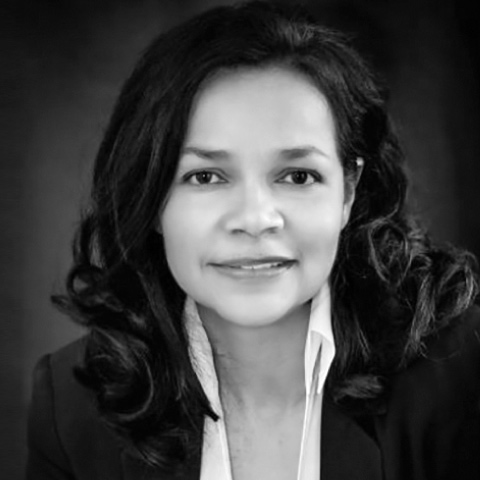
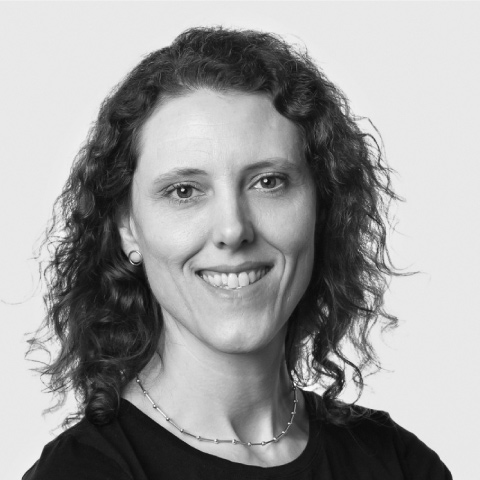
Meike Janssen
Meike is an Associate Professor at Copenhagen Business School. Her research and teaching focus on consumer behaviour and sustainable food consumption. She is particularly interested in marketing instruments and policy interventions for fostering the consumption of plant-based food and reducing meat consumption. Her expertise also covers organic food, local food, healthy eating, and sustainable food packaging.
Collaborators from the city of copenhagen
Ida Maj Emborg
With a master’s in social science and a background within the field of public-private innovation, Ida holds the position as a consultant in the Culture & Leisure Administration in the City of Copenhagen. In the Internationalisation and Sustainability Office, she works with subjects like circular economy, network development, cultural heritage, and citizen involvement.
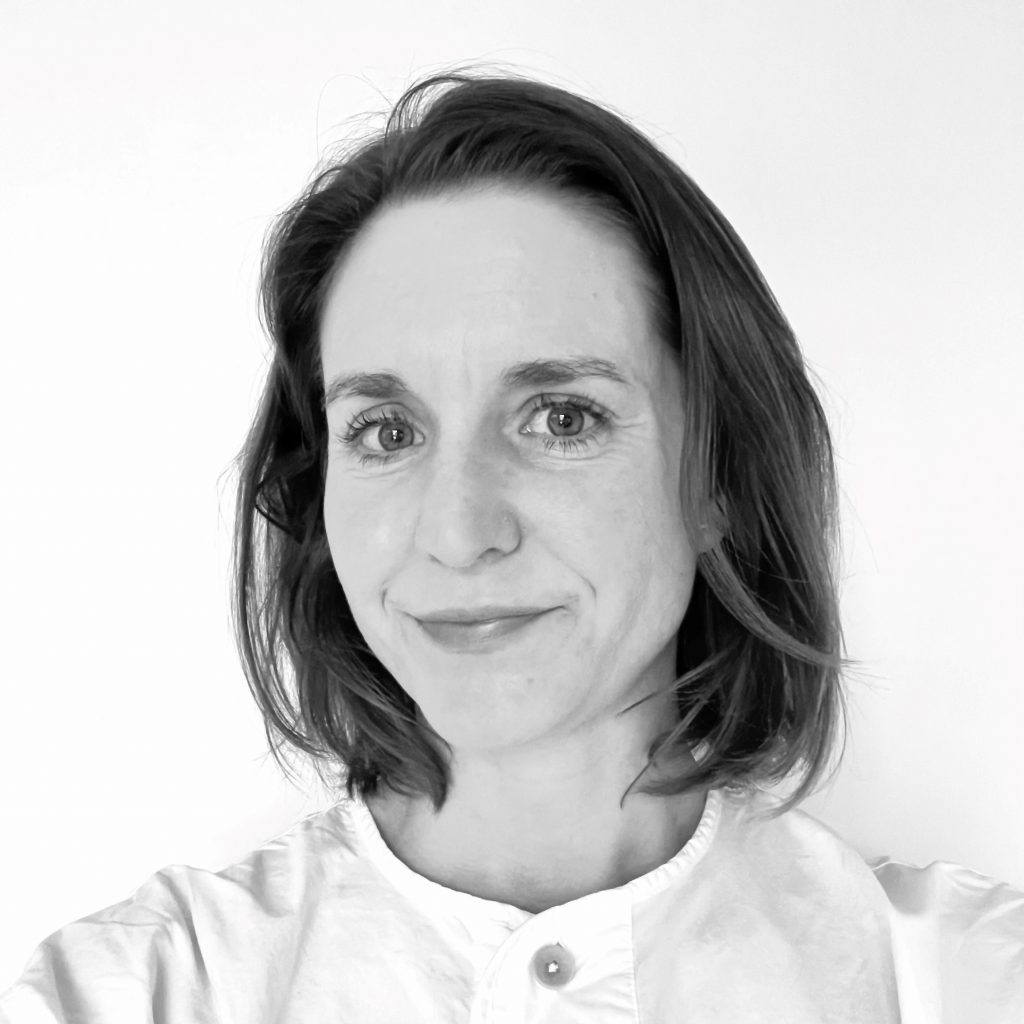
external collaborators

Cass R. Sunstein
Cass R. Sunstein is the Robert Walmsley University Professor at Harvard and one of the most cited and most read scholars worldwide, having published more than 80 books – many of them best sellers. He is the founder and director of the Program on Behavioral Economics and Public Policy at Harvard Law School. In 2018, he received the Holberg Prize from the government of Norway, sometimes described as the equivalent of the Nobel Prize for law and the humanities. In 2020, the World Health Organization appointed him as Chair of its technical advisory group on Behavioural Insights and Sciences for Health.
Paul Lohmann
Paul is a postdoctoral research associate at the El-Erian Institute of Behavioural Economics and Policy, University of Cambridge. He is an applied economist by training and holds a PhD in behavioural environmental economics from the University of Cambridge. His research takes an interdisciplinary approach, utilising applied economic methods such as micro-econometrics and randomised controlled experiments to explore human decision-making and well-being in the face of climate change. His broad research interests are concerned with increasing individual and societal welfare by applying behavioural insights to pressing public policy challenges, with a current focus on sustainable food policy.
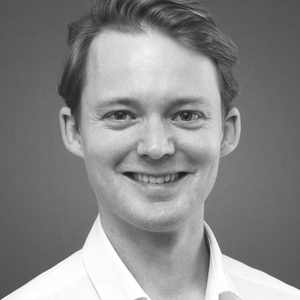

Malte Dewies
Malte is a Research Associate at the El-Erian Institute of Behavioural Economic and Policy, University of Cambridge. He is a psychologist and his background includes a PhD in applied behavioural insights at Erasmus University Rotterdam. His main research interests relate to behavioural insights and behavioural public policy. His research uses interdisciplinary approaches and embraces mixed methods designs.
Manuel Suter
Manuel Suter is a Research Assistant at the University of Bern with a background in business administration and sustainable development. He has experience in experimental research with behavioral interventions such as framing to promote sustainable behavior. He is particularly interested in interventions to promote sufficiency-oriented behavior, a better understanding of behavioral barriers, and the implementation of sustainable business models.

